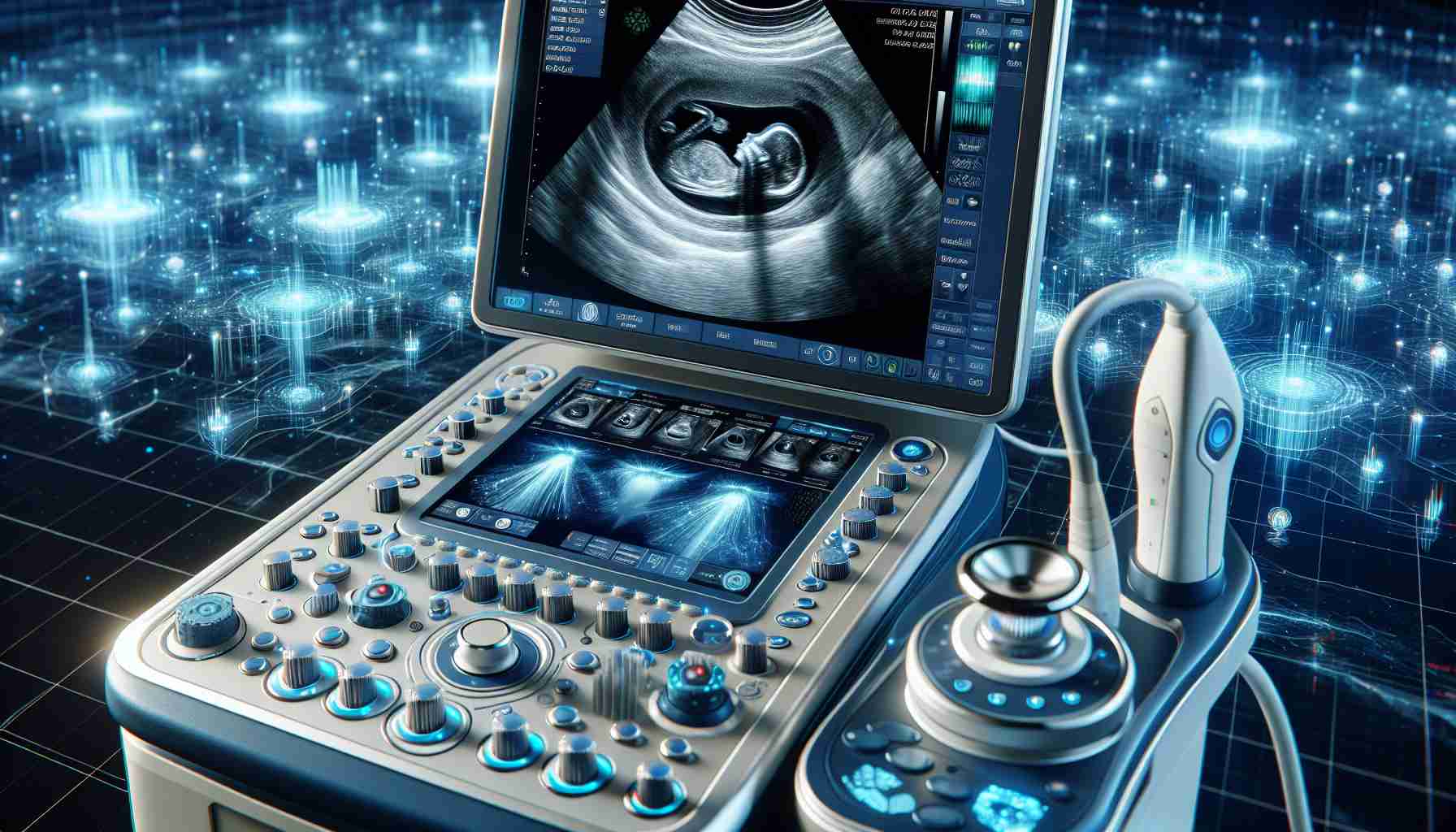Samsung Medison Invests in Advanced Ultrasound AI
Samsung Medison, the medical equipment division of Samsung Electronics known for their pioneering work in diagnostic imaging technology, has announced intentions to invest in Sonio, a Paris-based innovator in AI-driven ultrasound software. With a proposed deal valued at approximately $92.7 million, the French startup is poised to revolutionize ultrasound workflows in obstetrics and gynecology.
Refining Ultrasound Analysis Through Technology
Sonio has carved a niche for itself by developing artificial intelligence that aids in the meticulous analysis and recording of ultrasound tests. The company has already made significant strides in the United States, earning FDA 510(k) clearance for their flagship product, Sonio Detect. This tool harnesses deep learning to enhance the visual clarity of ultrasound scans as they happen.
A Union to Innovate Prenatal Healthcare
Following the completion of the acquisition, Sonio is set to maintain its autonomy and continue driving growth and innovation from France. Despite being recently established in 2020 by industry experts Cecile Brosset and Remi Besson, Sonio has rapidly progressed, bolstered by a successful $14 million Series A funding in August 2023. The startup has attracted a total funding of $27.2 million, with support from notable investors like Elaia and Bpifrance French Tech Seed.
A Shared Vision for Improved Healthcare
In joining forces with Samsung Medison, Sonio aims to harness their mutual expertise in AI and ultrasound to spearhead advancements in prenatal imaging. Samsung Medison is confident that this collaboration will lead to groundbreaking developments in medical diagnostics, fulfilling their commitment to improving lives through technology. This acquisition marks a milestone, promising to deliver unparalleled AI-enhanced reporting and diagnostic capabilities to the forefront of healthcare.
Important Questions and Answers:
What are the implications of Samsung Medison’s investment in Sonio for the ultrasound technology market?
Samsung Medison’s investment in Sonio implies that the infusion of artificial intelligence in ultrasound technology is becoming a priority within the medical imaging industry. The collaboration suggests that future ultrasound devices may be equipped with advanced AI algorithms from Sonio, providing enhanced diagnostic capabilities for obstetric and gynecological care.
How does Sonio’s technology improve ultrasound analysis?
Sonio’s AI-driven ultrasound software, particularly Sonio Detect, utilizes deep learning technologies to improve the clarity and interpretation of ultrasound scans. Deep learning algorithms are trained to recognize patterns in medical imaging that might be subtle for the human eye, providing essential decision support for healthcare professionals.
Will this deal lead to innovations in prenatal healthcare?
The combination of Samsung Medison’s medical imaging expertise and Sonio’s AI innovations is expected to lead to significant advancements in prenatal healthcare. Improved imaging can lead to earlier and more accurate diagnoses of potential fetal abnormalities, allowing for better preparation and intervention options.
Key Challenges and Controversies:
Implementing AI in medical diagnostics can face several challenges and controversies, such as:
– Regulatory hurdles: The adoption and integration of AI into medical equipment require rigorous testing and regulatory approvals, ensuring the safety and efficacy of the technology.
– Data privacy concerns: Use of patient data to train AI models needs to comply with strict privacy regulations like GDPR in Europe and HIPAA in the United States, which can be a complex legal challenge.
– Reliability: Ensuring the AI algorithms are reliable and do not generate false positives or negatives remains a significant concern, given the high stakes involved in medical diagnostics.
Advantages and Disadvantages:
Advantages:
– Enhanced diagnostic accuracy for clinicians, potentially leading to better patient outcomes.
– Streamlined workflow in ultrasound analysis may increase the efficiency of healthcare services.
– Scalability of AI solutions can enable widespread access to high-quality diagnostic imaging in diverse healthcare settings.
Disadvantages:
– High upfront costs associated with the development and implementation of advanced AI systems could be a barrier for smaller clinics and hospitals.
– Dependence on AI might lead to a reduction in the diagnostic skills of clinicians over time.
– Potential biases in AI models, stemming from the data they are trained on, can lead to inequalities in healthcare provision.
As requested, here is a suggested related link (formatted appropriately):
Please note that the information and analysis provided are not taken from the provided article but are a result of knowledge up to the current cutoff date.
